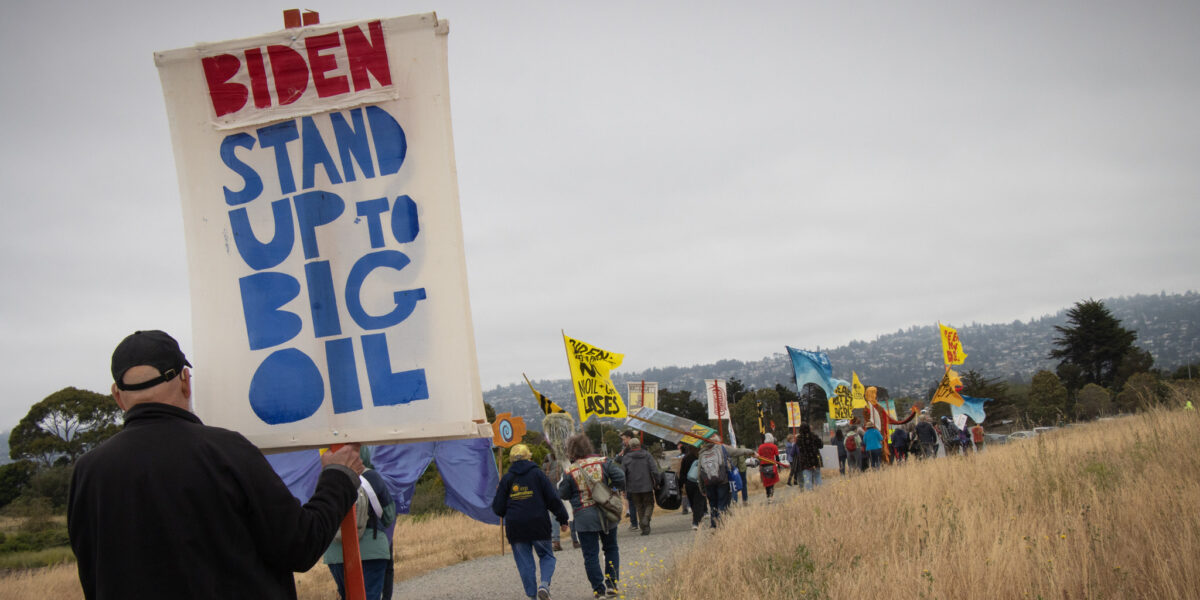“Humanity has opened the gates of hell,” United Nations Secretary-General António Guterres said in his welcome to world leaders at the first ever UN Climate Ambition Summit, convened during this year’s UN General Assembly.
“Horrendous heat is having horrendous effects. Distraught farmers watching crops carried away by floods, sweltering temperatures spawning disease and thousands fleeing in fear as historic fires rage. Climate action is dwarfed by the scale of the challenge.”
Guterres was likely invoking Dante’s epic medieval poem, The Inferno. In it, Dante describes being led by the Greek poet Virgil through the nine circles of hell after passing through gates bearing the warning, “Abandon all hope, ye who enter here.”
Given the increasing frequency and intensity of climate-driven extreme weather disasters, Guterres’ reference to The Inferno is frighteningly timely; we are entering something akin to the nine circles of catastrophic climate change.
Yet, despite what Guterres rightly describes as “the scale of the challenge,” many people around the world are refusing to abandon hope. Climate activists, scientists, water and land defenders and others who deeply care about the future of the planet are stepping up, from the frontlines and fencelines of impacted communities to the heart of global capitalism on Wall Street.
Last Sunday, an estimated 75,000 people marched through Manhattan, rallying near the United Nations headquarters. Though it was a message to world leaders, the banner on the rally stage read, “Biden: End Fossil Fuels.”
“We need to have leaders understand: Get out of fossil fuel now,” Mary Robinson, former president of Ireland and chairperson of the Elders, an independent group of global leaders founded by Nelson Mandela, said at the rally news conference.
“We’re in a climate and nature crisis, and we have to move much more rapidly…all governments are not doing enough. But those most responsible are not doing nearly enough: the United States, the European Union, but also countries, big emitters like Russia, China, India, Saudi Arabia.”
The march was accompanied by a series of direct actions, with 149 protesters arrested outside of New York’s Federal Reserve Bank, as part of a growing movement challenging the financial backers of the fossil fuel industry.
“Climate chaos is not in some distant future,” Renata Pumarol, organizer at Climate Defenders, said on the Democracy Now! news hour.
“The only way to stop the fossil fuel industry is to stop the financing of fossil fuels. That’s why this week hundreds of activists targeted the financiers of fossil fuels, like BlackRock, KKR, Citibank, and Bank of America.”
Among the many protests, activists shut down MoMA, the Museum of Modern Art, for its close connection to its billionaire patron, Henry Kravis, cofounder of Wall Street investment firm KKR. Among the chants at the many protests was, “We need clean air, not another billionaire!”
Many activists, born after the UN’s climate negotiations began in the early 1990s, feel the UN process has been captured and corrupted by fossil fuel interests.
This year’s annual UN climate summit is not doing much to discourage that perception. COP28, the 28th Conference of Parties to the climate negotiations, will be in Dubai, in the United Arab Emirates, a petrostate with no press freedom and where protests are banned. The president of this year’s COP is Sultan Ahmed Al Jaber, CEO of the Abu Dhabi National Oil Company.
Marta Schaaf of Amnesty International said recently, “The UAE’s priority at COP28 appears to be greenwashing its fossil fuel expansion plans and massaging its own reputation…to avoid discussion of its dismal human rights record and continuing abuses.”
UN Secretary General Guterres said at the Climate Ambition Summit, “The move from fossil fuels to renewables is happening – but we are decades behind. We must make up time lost to foot-dragging, arm-twisting and the naked greed of entrenched interests raking in billions from fossil fuels.”
In Dante’s descent through the nine circles of hell, he portrayed what he saw as the great sins, including gluttony, greed, fraud and treachery. He might have been describing the fossil fuel industry. New documents confirm Exxon and other oil companies have known for decades that fossil fuels were dangerously heating the planet. In response, they financed and spread climate disinformation, and lobbied to derail legislative and policy solutions to the climate emergency.
The world has changed in the seven centuries since Dante, but human nature hasn’t. It will take concerted, global grassroots climate action to ensure a just transition to a green economy, containing the inferno and slamming shut the gates of hell.
This column originally appeared in Democracy Now!



